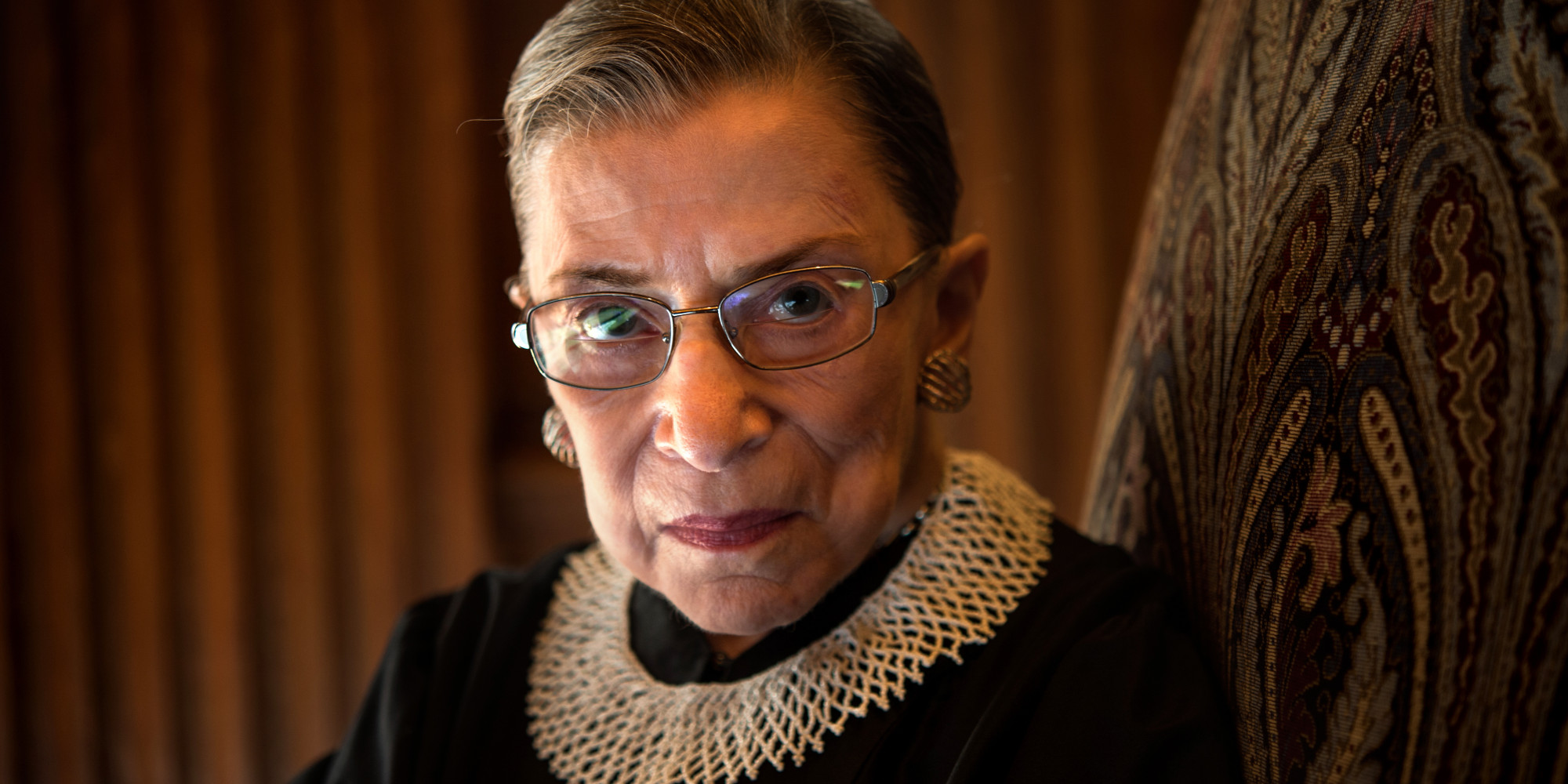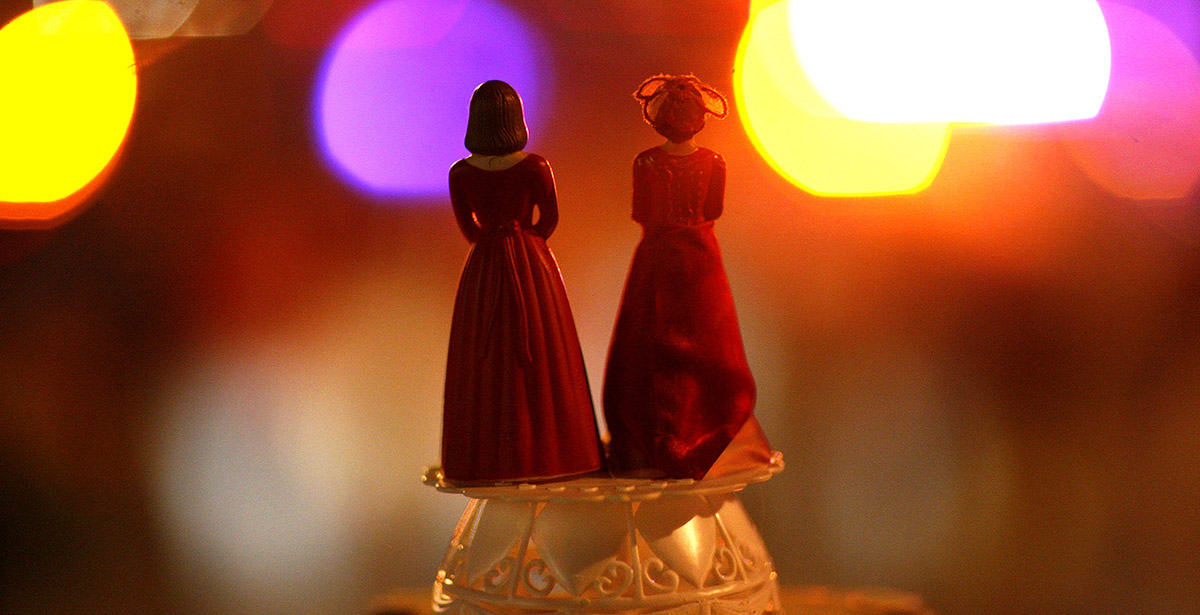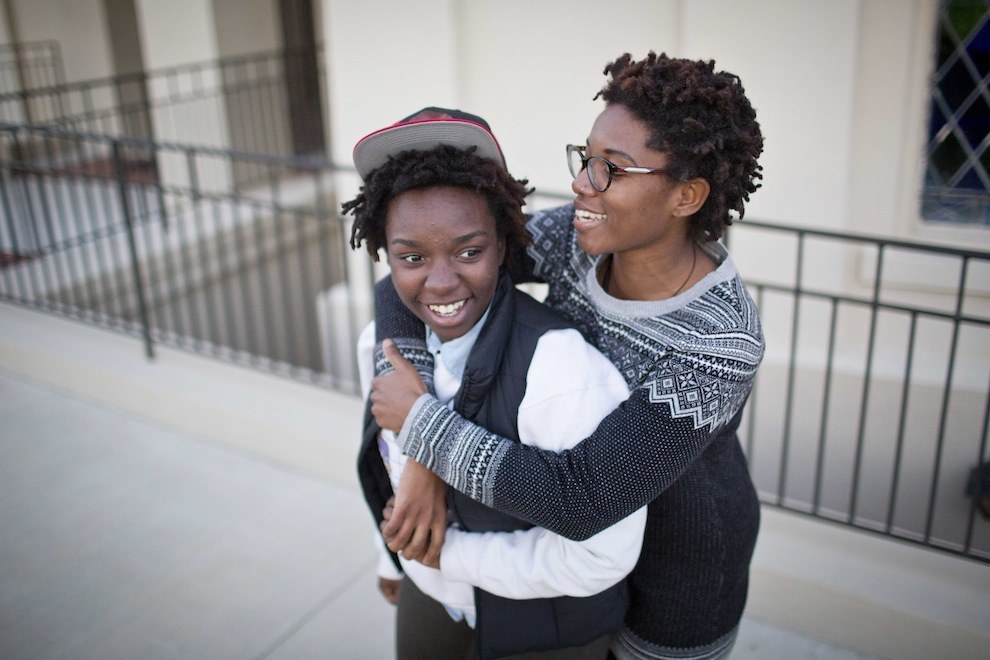On Wednesday a federal judge ordered the state of Utah to list the names of a lesbian couple on a birth certificate of their new baby. Lawyers say the ruling is the first of its kind since the U.S. Supreme Court legalised gay.

U.S. District Judge Dee Benson said the assisted reproduction case wasn’t hard to decide.
The state has failed to demonstrate any legitimate reason, actually any reason at all, for not treating a female spouse in a same-sex marriage the same as a male spouse in an opposite-sex marriage.”
Angie and Kami Roe of West Jordan said in their lawsuit on the issue that the state should treat wedded lesbian couples the same as heterosexual couples who use sperm donors to have children.
State law automatically recognises a husband who agrees to assisted reproduction as a father, but the Utah attorney general’s office contended that doesn’t extend to same-sex couples because child bearing is legally different from marriage.
State attorneys wrote in court documents
It is a fact that a non-biologically related female spouse can never be the biological father of a child. It is a biological impossibility for a woman who does not give birth to a child to establish paternity of a child through the act of birth.”
Parker Douglas with the Utah attorney general’s office said Wednesday that listing non-biological parents on a birth certificate could throw off state record-keeping and disrupt the ability of authorities to identify public health trends.
The judge, however, pointed out that the same problem could apply when married heterosexual couples use sperm donors.
Douglas declined to comment on whether the state would appeal the ruling.
The Roes sued after hospital staff members refused to take their birth certificate paperwork shortly after Kami Roe gave birth in February. Utah officials told the couple that one mother must adopt the baby as a step-parent, a process the Roes say is costly, invasive and unfair.
The ruling requires Utah to declare married lesbian parents to be legal moms from birth, but it doesn’t apply to male same-sex couples because they typically use a surrogate.
Similar cases have come up in Iowa and Arkansas, said family law expert Douglas NeJamie. He expects to see more, especially in states that had sought to keep laws banning same-sex marriage on the books. Utah spent $1.2 million to defend its ban on same-sex marriage, state officials have said.
Many states have similar laws governing artificial insemination that previously had not applied to same-sex unions because the rules were specific to married couples, said NeJamie, a professor at the University of California, Los Angeles.
This is an easy way to actually try and discriminate against same-sex couples.”
The Utah case could have an effect on other pending cases, though the parental rights of same-sex couples will depend on what state laws are already on the books for heterosexual couples, he said.

















